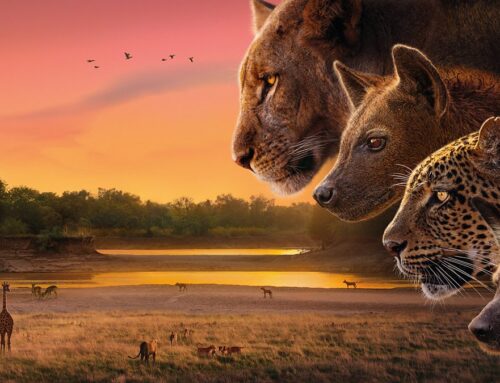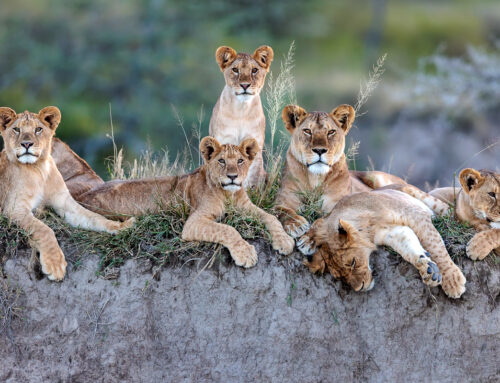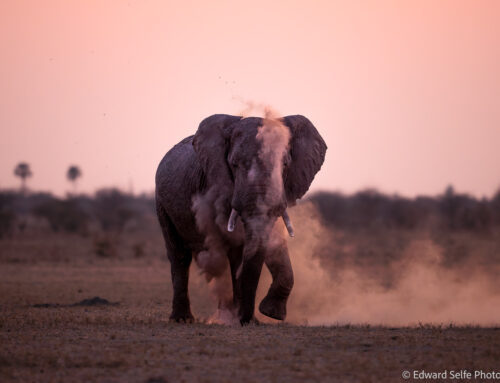Alongside the thriving tourism industry of the South Luangwa is a community which is the rightful owner of the assets on which this industry depends. Their revenue stream is significant, in the form of employment, payments for goods and services bought in the area and, if all goes well, protection of that asset for the future. As the community grows and develops, there open up opportunities for new services which had not been offered before. I saw a niche in the area for a young photographer who would offer photographic services for wedding, families, events and reportage. I knew that there was also an increasing amount of photographic work for local NGOs which I had fulfilled in the past, but which I could hand over.
So I approached the excellent Chipembele Wildlife Education Trust, and asked them about graduates from their Shutter Speed photo training course with Julie and Adam Bates. With their assistance, I met up with Mjose Jozie, a young photographer with an impressive portfolio of shots.
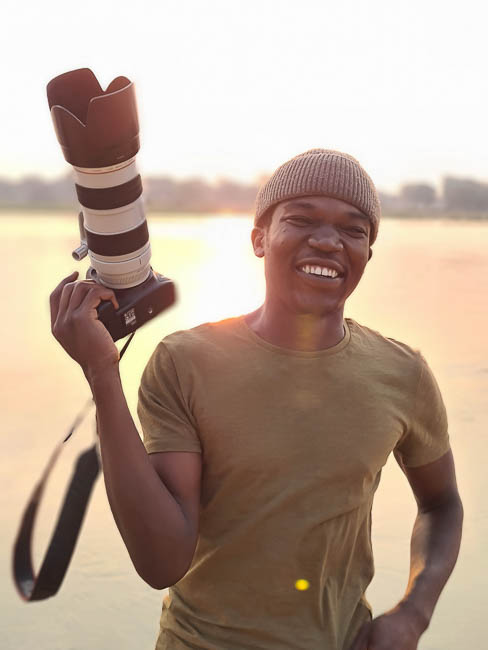
I knew his photographic skills were good, since he’d enjoyed good training, but turning that skill into a viable and sustainable business is perhaps the more challenging part. We have spent the last 3 years working together on shoots where, as well as learning from the way that I run a photoshoot, he often added his own valuable suggestions. We also discussed the administration of a company, from invoices and revenue to saving and investment, and looked at the marketing channels where he can grow his business. This work culminated in the creation of Dream Pictures.
We calculated how much a skilled, but inexperienced, photographer could charge and he began taking on his own work in the local community. Some of these shoots were accompanied by me, and some he undertook alone. Clients have always been happy with his professional friendly approach and with the results from the shoot. Initially, he did not have camera kit of his own, so he ‘hired’ kit from me at an affordable rate. This might seem punitive, but through hiring kit, he learned a valuable lesson: as a photographer, your camera kit is everything and its use should have a value. Photographers with their own kit still allocate part of their day rate towards the ‘hire’ of equipment, its insurance and repair.
With the funds that he has saved, and with the rental payments that he made to me (which I returned to him in a lump sum at the end of our training), he bought his own set of camera equipment. Even now, he is saving a good share of his earnings for the day when he wants to buy a new camera or, sadly, the day when a camera goes wrong and needs repairing or replacing.
I am really proud of the way he has taken responsibility for his business, making good decisions and being sensible with his earnings. He has built a sustainable enterprise and is building a solid client base. As Mfuwe grows, he will be well placed to absorb the increasing demand for such services.
Much of his work is for private clients from whom I have not got permission to share images on this site, so below is a small selection of work from some of his recent shoots. You can see more of his work on his Facebook Page.
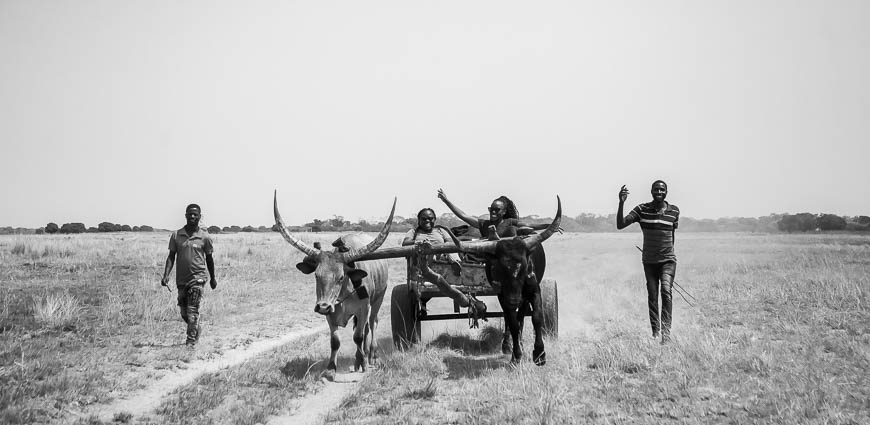

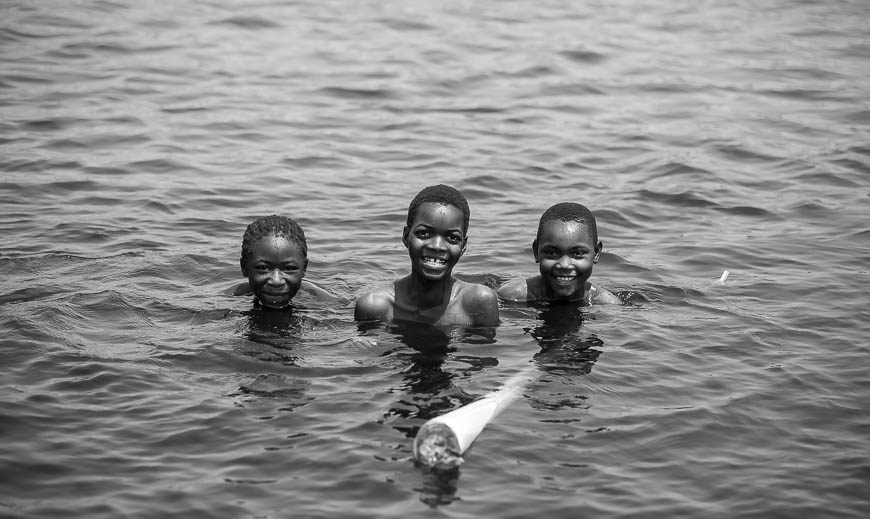
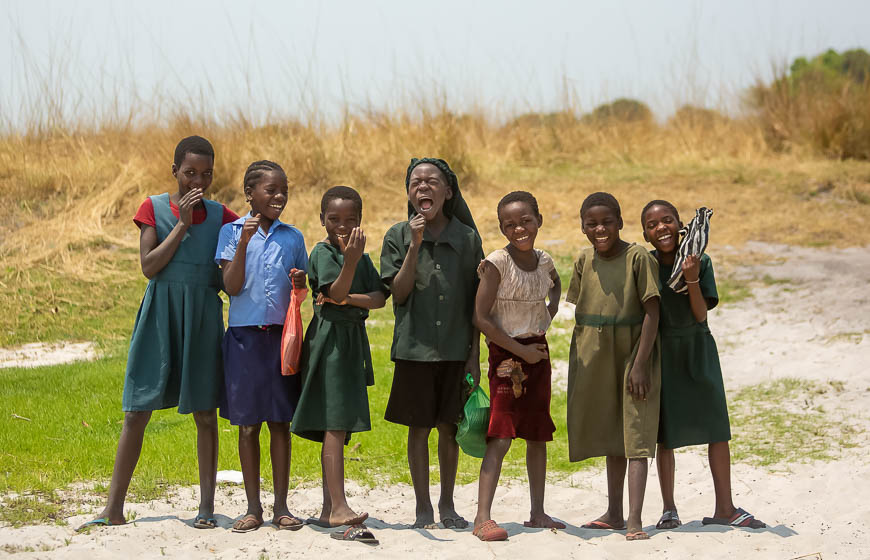

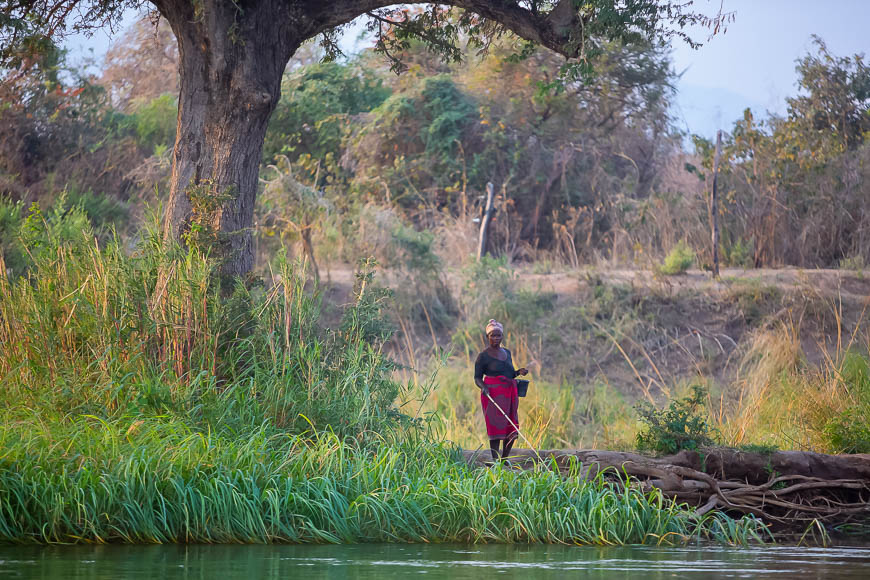
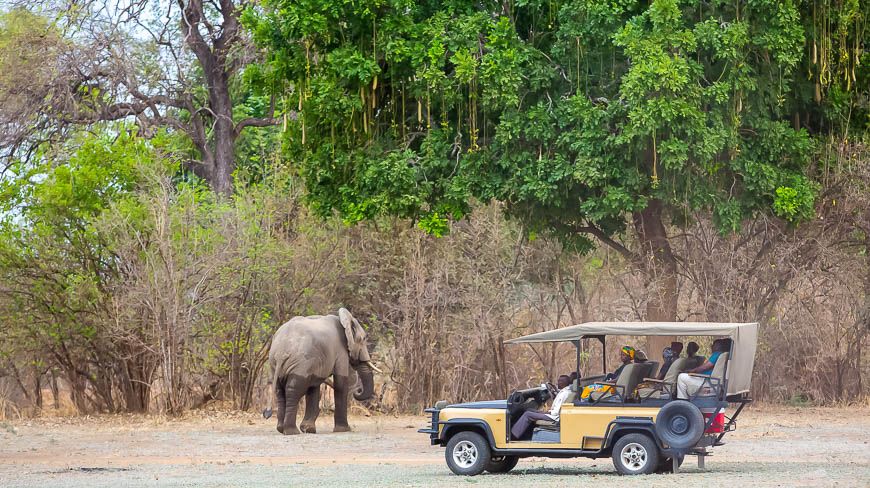
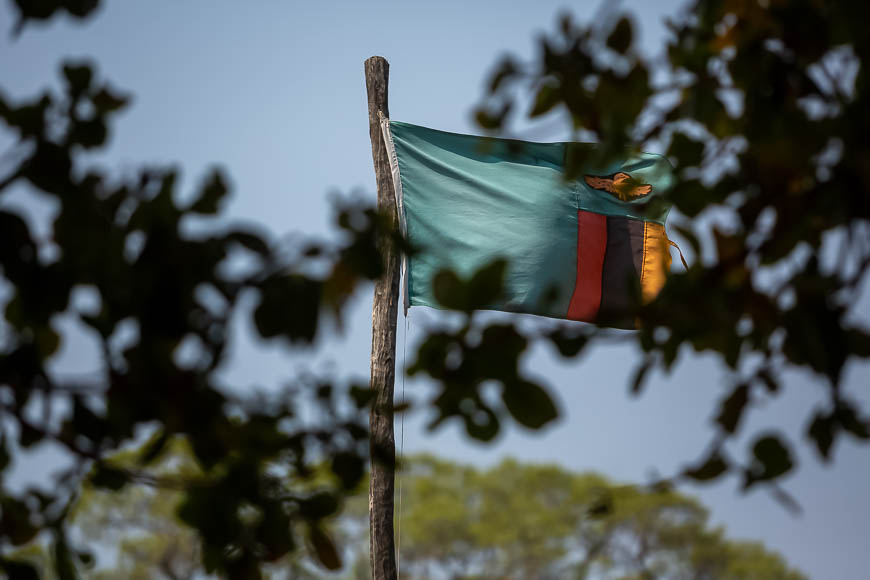
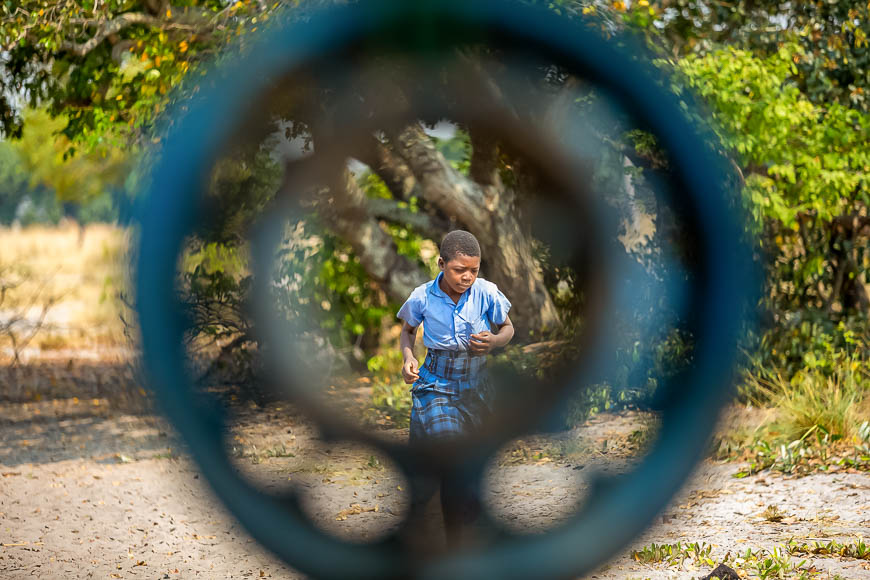
Mjose’s clients include some of the biggest companies and conservation NGOs in the Luangwa Valley and it’s such a pleasure to watch his business grow.

